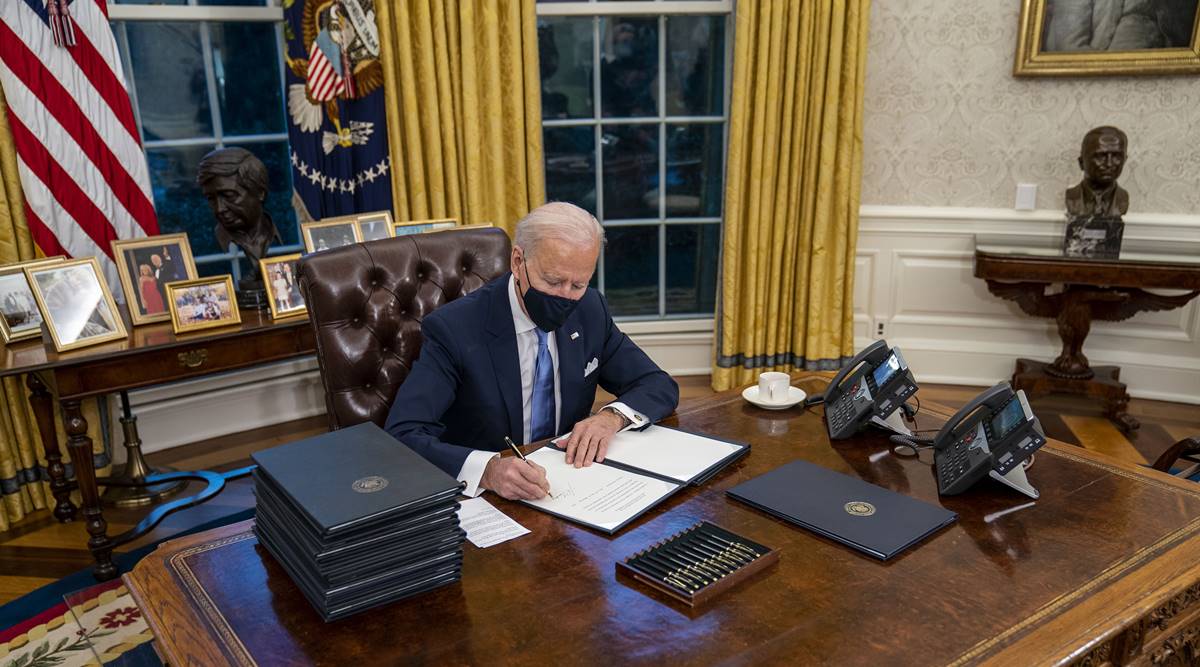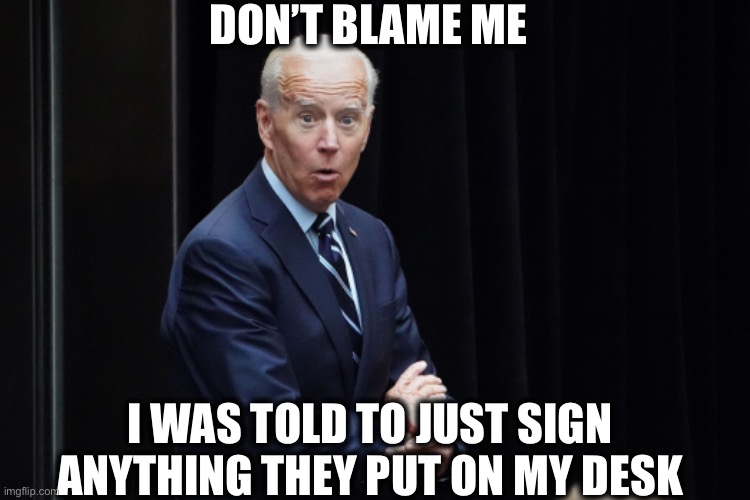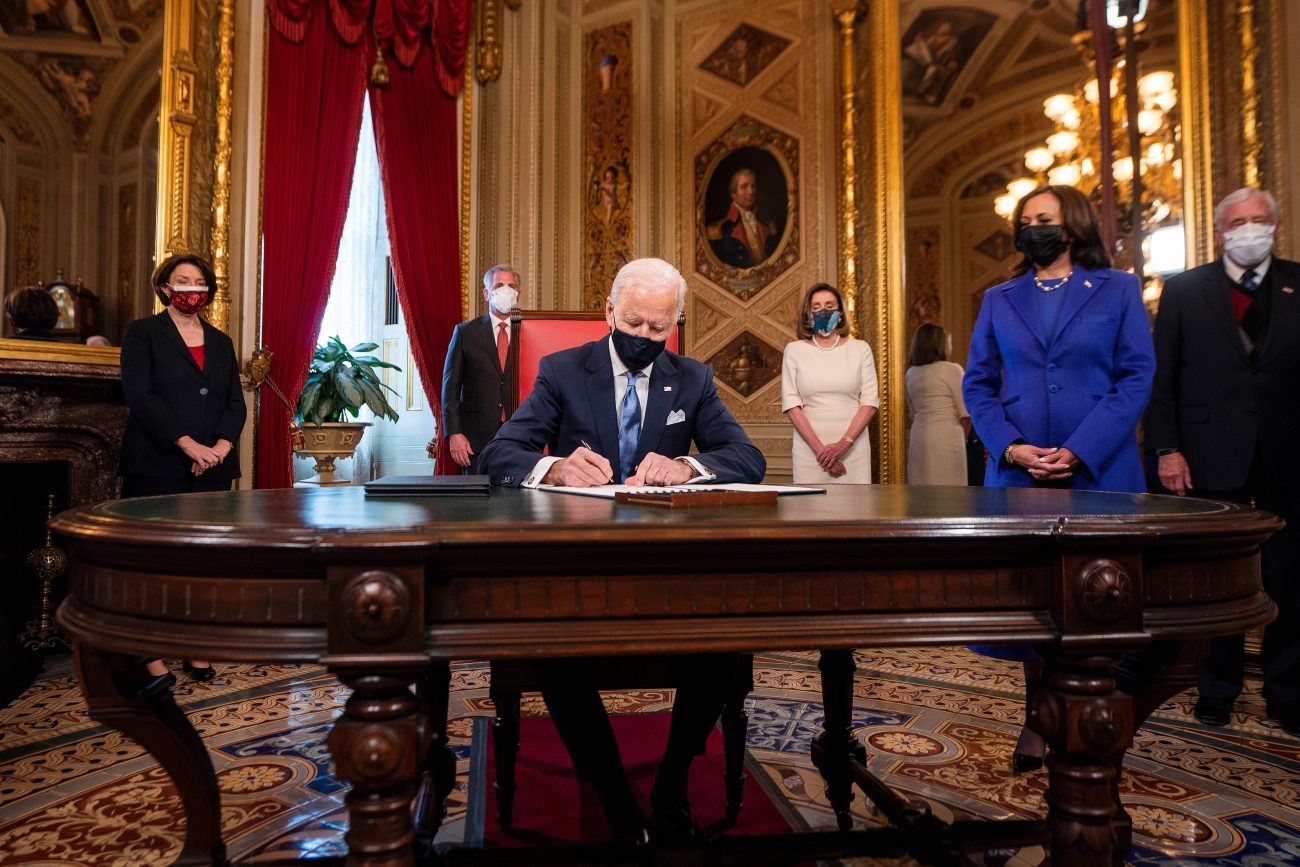
Agencies are expected to review programs and policies and to prepare plans for addressing inequities within 200 days of the signing of the order. Agencies should increase resourcing, engagement, and coordination with these communities, and with civil rights groups, to promote more equitable policies, data collection, and budgetary investments. The order directs federal agencies to eliminate systemic barriers to care, such as unequal access to services and inadequate or lack of insurance coverage, and to provide equal access to opportunities and benefits for underserved and underrepresented communities. government-including communities of color, people with disabilities, LGBTQ people, religious minorities, people living in rural areas, and people living in poverty. On Day One, President Biden also signed an executive order to rescind an anti-diversity EO from the Trump administration and to promote racial equity and support for underserved communities through the U.S. Advancing Racial Equity and Support for Underserved Communities Through the Federal Government (EO 13985) history, it is not permanent in order to codify these protections into civil rights laws, it remains imperative for the Senate to pass the Equality Act, which the current administration strongly supports. While this executive order represents one of the greatest expansions of LGBTQ civil rights in U.S. Supreme Court decision throughout federal enforcement of major civil rights laws, offering LGBTQ people the same protections against discrimination that other protected classes receive. Executive Order 13988 implements the Bostock v.

These nondiscrimination protections are sorely needed: A nationally representative 2020 survey from the Center for American Progress revealed that 1 in 3 LGBTQ adults, including 3 in 5 transgender adults, experienced discrimination in just the past year. From the time of the announcement, each agency has 100 days to develop plans to implement the executive order-meaning they are due this week.

On President Joe Biden’s first day in office, he signed a groundbreaking executive order (EO) directing all federal agencies that enforce federal laws prohibiting sex discrimination to also prohibit discrimination based on sexual orientation and gender identity (SOGI) in areas including but not limited to employment, housing, health care, education, and credit. Executive orders Preventing and Combating Discrimination on the Basis of Gender Identity or Sexual Orientation (EO 13988)

Now, federal agencies must implement this framework to improve the lives of LGBTQ people. While the administration still has much more work to do, these important first steps reflect a commitment to enforcing the civil rights of LGBTQ people and embracing an LGBTQ-inclusive approach to policymaking. This column highlights significant executive orders and administrative policies that the Biden administration has implemented during its first 100 days that will directly affect LGBTQ people, their families, and their communities. Such actions are critical to addressing discrimination and the resulting disparities that LGBTQ people encounter in employment, health, education, and housing, among other areas.

Since entering office, the Biden administration has made history by taking immediate and meaningful actions to strengthen the rights and improve the lives of LGBTQ people across the country.


 0 kommentar(er)
0 kommentar(er)
